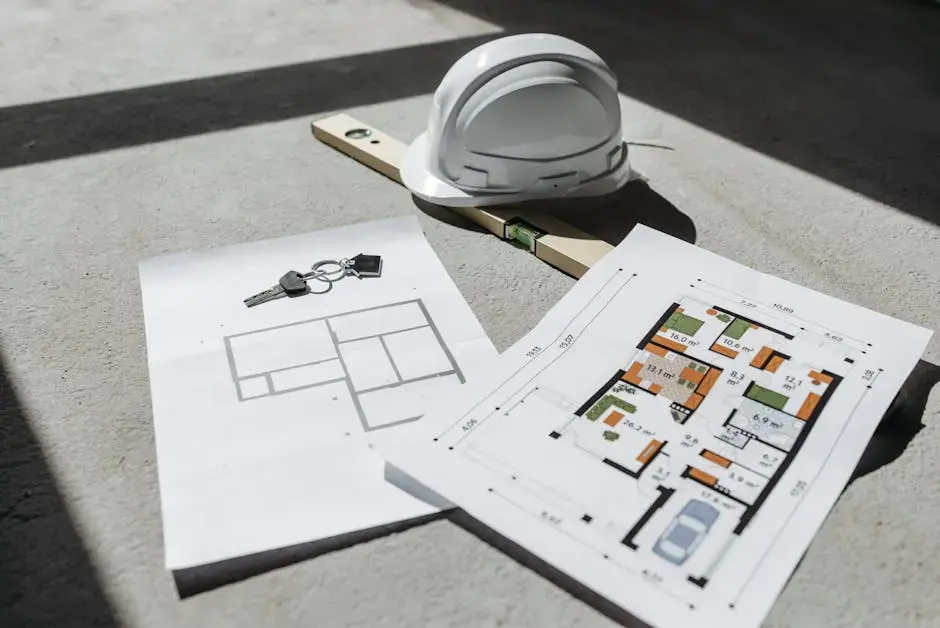What Should Be Considered When Designing Custom Homes in Omaha?
- Gottsch Construction
- Apr 12, 2025
- 3 min read
Designing a custom home in Omaha is an exciting journey, filled with opportunities to create a space that truly reflects your lifestyle and preferences. However, with so many factors to consider, it can quickly become overwhelming. This guide will walk you through essential considerations to make your custom home design process smoother and more enjoyable.

Location and Site Analysis
Understanding the unique characteristics of your chosen site is crucial, including topography, soil type, and climate impacts.
In Omaha, the landscape varies significantly. From rolling hills to flat plains, the site you select will influence your home's design significantly.
Be sure to analyze factors such as sunlight exposure and potential views. For instance, a home situated to capture morning sunlight can create a warm, inviting atmosphere.
Accessibility is another vital aspect. Ensure that your site is easily reachable and that local amenities are within a reasonable distance.
Budget Planning
Setting a realistic budget is essential to guide your design choices and avoid unexpected costs later.
When planning your budget, consider not only construction costs but also expenses related to permits, land acquisition, landscaping, and interior finishes.
It might be wise to set aside an additional 10-15% for contingency, as surprises often pop up during construction.
An open discussion with your builder about budget limitations can help streamline the design process and ensure that your priorities are addressed.
Design Style and Aesthetics
Choosing a design style that resonates with you and complements the Omaha landscape will enhance your home's appeal.
Popular styles in Omaha range from modern and contemporary to traditional Craftsman homes. Think about how each style aligns with your vision for your custom home.
Also, consider how the aesthetics harmonize with the area. A modern design may look stunning amid urban developments, while a rustic farmhouse might fit better in a rural setting.
Incorporate unique elements like local materials to strengthen your home’s connection to Omaha, giving it character and authenticity.
Functionality and Layout
Consider how you use space and ensure the layout supports your lifestyle and daily routines.
Think about how many bedrooms and bathrooms you'll need. Will you require a dedicated home office? An open floor plan may be great for hosting, while defined spaces might suit a quieter home life.
The kitchen often serves as the heart of the home. Ensure its design accommodates your cooking style and family gatherings.
Lastly, think about future needs as well. Designing with flexibility in mind allows for changes that may occur as your family grows or your lifestyle shifts.
Sustainability and Energy Efficiency
Incorporating sustainable practices and energy-efficient features can save you money and benefit the environment.
Look for opportunities to use eco-friendly materials and appliances. Not only are they better for the planet, but they often provide long-term savings through reduced energy bills.
Consider integrating solar panels or high-efficiency windows. These features not only reflect a commitment to sustainability but can also make your home more comfortable year-round.
By planning your home with sustainability in mind, you contribute to a healthier planet while ensuring your custom home remains appealing for years to come.
Building Codes and Regulations
Familiarize yourself with local building codes and zoning laws to ensure your design complies.
Different neighborhoods in Omaha may have specific restrictions. Understanding these can prevent costly modifications or having to rework your design entirely later.
Meet with local authorities or hire a knowledgeable builder who knows the intricacies of these regulations.Doing so can save a lot of time and frustration, keeping your project on track and aligned with legal standards.
Selecting the Right Builder
Choosing a reputable builder with experience in custom homes in Omaha can greatly impact the success of your project.Take the time to research multiple builders. Look for reviews and past projects to gauge their quality and reliability.
It's also important to communicate effectively with your builder. A good builder will listen to your desires and provide valuable insights based on their experience.
Building a custom home is a collaborative process, and having a builder who understands your vision can make all the difference in achieving your dream home.
Recap of Key Considerations for Custom Home Design
By keeping these key considerations in mind, you can ensure that your custom home in Omaha not only meets your needs but also stands out with style and functionality. Happy designing!






Comments